Encouraging kids to maintain adequate hygiene can be an uphill battle. Dermatologist Anna Kirkorian, MD, answers some frequently asked questions about how often kids need to shower and offers hygiene tips so caregivers can know which battles are worth fighting.
How often should children ages 3 to 11 years old bathe?
While there is no fixed rule about how often children of any age should bathe, as adolescents approach puberty, body odor may become an issue. In that case, showering daily and washing “stink zones” (armpits, genitals, feet) with soap and water can be a great way to prevent body odor and to maintain hygiene.
Does every shower have to include soap? Are there any natural alternatives to soap/deodorant if necessary?
Soap should be limited to the “stink zones” to avoid dry skin and irritation. While there are various “natural” products marketed for their exclusion of harmful products, soap itself is natural, so any gentle cleanser or fragrance-free soap like Dove bar soap, Cetaphil or CeraVe will work fine. Children who have issues with increased sweating and body odor from the armpits may benefit from antiperspirants which contain aluminum salts. Washing the armpits daily reduces bacteria in this area, which reduces body odor. Natural deodorants that lack aluminum salts are also an option but tend to be less effective.
How often should hair be washed?
There is no right answer for how often to wash hair and this is very hair-type dependent. Individuals with curly hair or people of color may need to wash hair infrequently to prevent damaging and drying their hair. Other people with fine, straight hair may prefer to wash daily to prevent oil build up and their hair looking “greasy.” Frequency of hair washing is driven by hair type, cultural practices and personal choice.
Whenever it is time to wash your hair, one recommendation is to try doing it upside down to prevent dry skin. When residue from shampoo or conditioner drips onto the neck and back, it can lead to dry skin and rashes, especially for those who have sensitive skin. This is especially true for those with long hair, which can help the sudsy residue travel further down the back. Try to flip your head upside down when washing and conditioning in the shower, and when it is time to dry off, tie hair straight into a towel instead of letting it hang dry.
Are there any health consequences associated with not showering regularly?
Healthy children will be unlikely to suffer health consequences from infrequent bathing aside from irritation from unwashed areas.
How often should children moisturize? And when in relation to their shower?
Moisturizing daily is essential to reduce dry skin, especially in the winter months. Moisturizing is recommended directly after the shower and that products be fragrance-free, thick and slathered all over the skin. Some brands like Vaseline, Cetaphil and CeraVe work well, but the key is looking for products that absorb quickly into the skin.
How can I convince my child to bathe if they refuse?
Rather than trying to force the child, which tends not to be effective, parents should try to identify why a child does not want to bathe. Some children may have sensory issues which make bathing unpleasant or uncomfortable. Others might be busy with their evening activities and lack interest in bathing. Other children may not be aware of the social consequences of not bathing in terms of body odor, unruly hair, dirt under the nails, etc.
Parents can remind children that a “quick rinse” is an important part of growing up and transitioning to being a teenager and partner with the child to find a successful strategy. It can also be helpful to remind them, or let them find out, that infrequent bathing can have social consequences especially in the ‘tween’ age group. If the child categorically refuses to bathe, then it may be time to work with the pediatrician to explore next steps.
 https://riseandshine.childrensnational.org/wp-content/uploads/2025/03/little-boy-with-rash-feature.jpg
300
400
webteam
https://riseandshine.childrensnational.org/wp-content/uploads/2017/11/childrens_riseandshine_logo.jpg
webteam2025-03-24 17:38:572025-03-25 10:11:16Winter rash: How to keep your child’s skin healthy during brittle winter months
https://riseandshine.childrensnational.org/wp-content/uploads/2025/03/little-boy-with-rash-feature.jpg
300
400
webteam
https://riseandshine.childrensnational.org/wp-content/uploads/2017/11/childrens_riseandshine_logo.jpg
webteam2025-03-24 17:38:572025-03-25 10:11:16Winter rash: How to keep your child’s skin healthy during brittle winter months





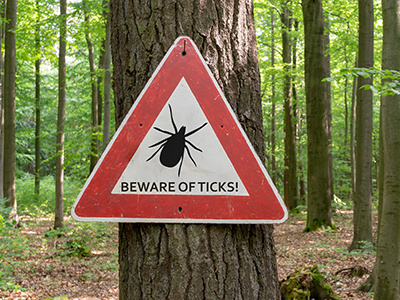
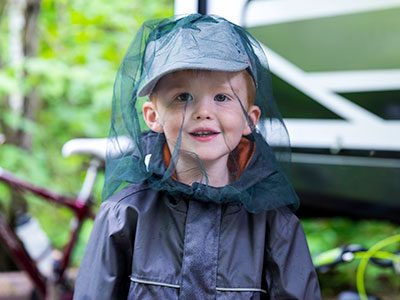
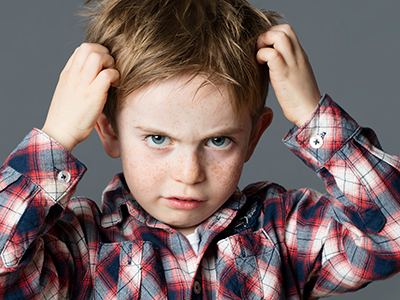
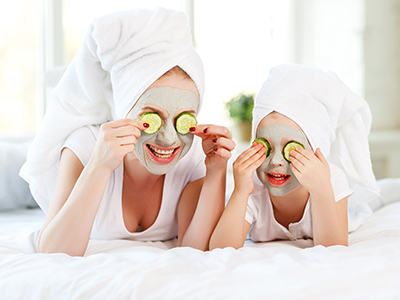
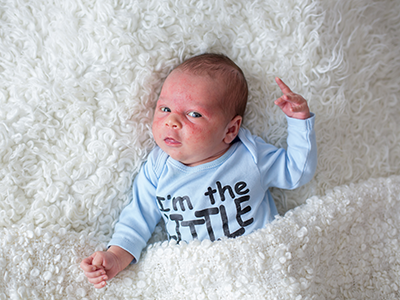
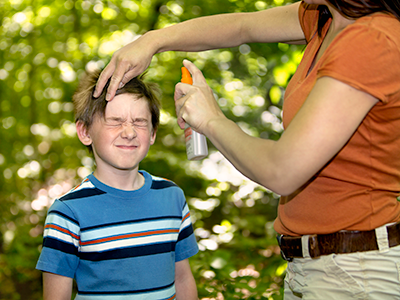
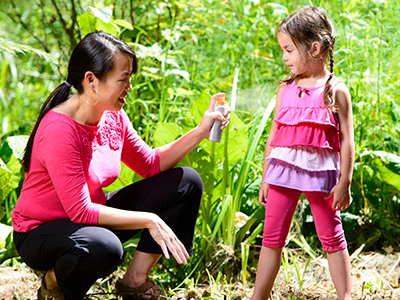
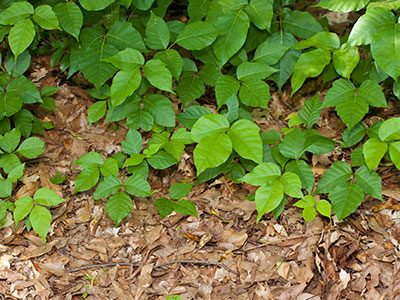
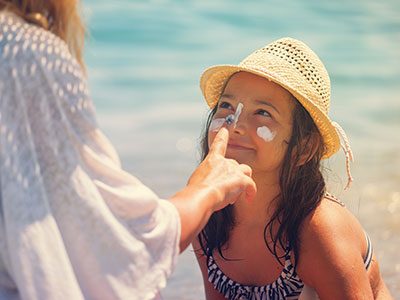
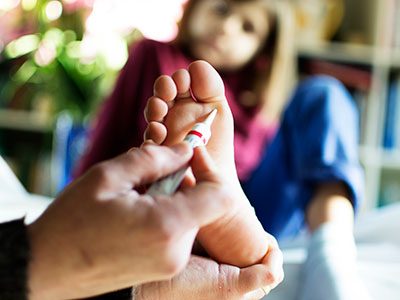

Leave a Comment
Want to join the discussion?Feel free to contribute!